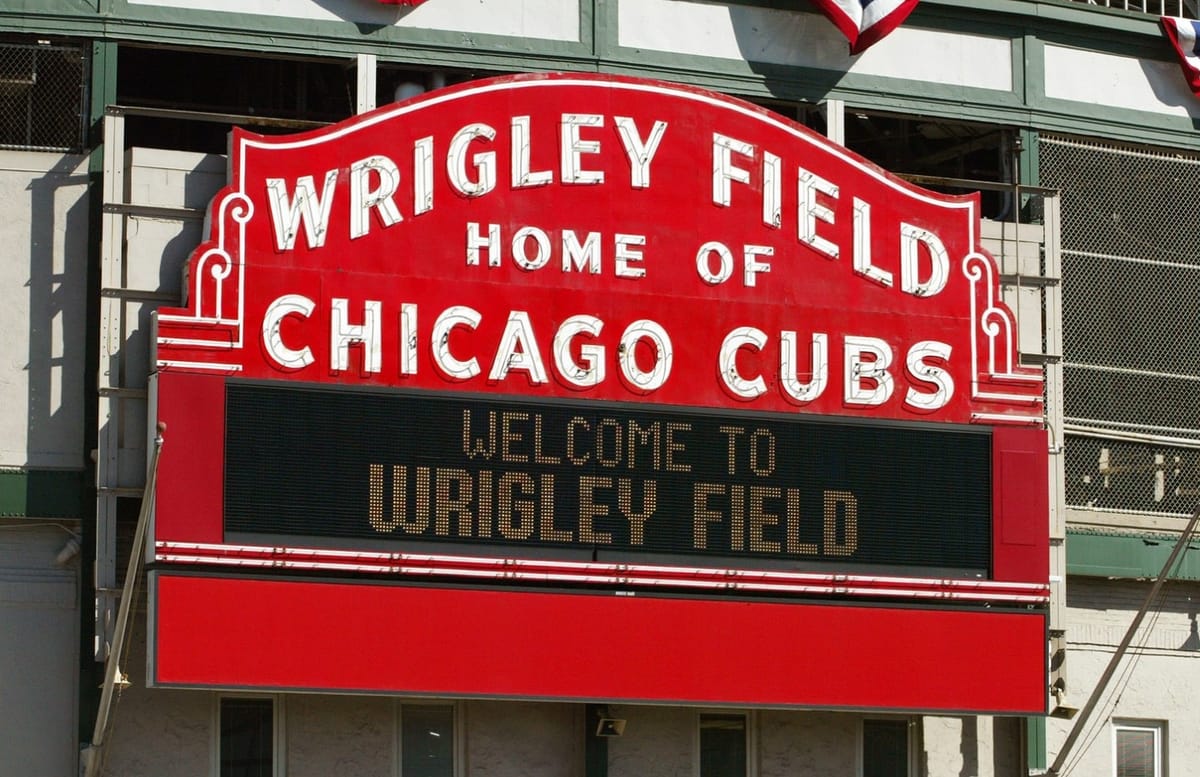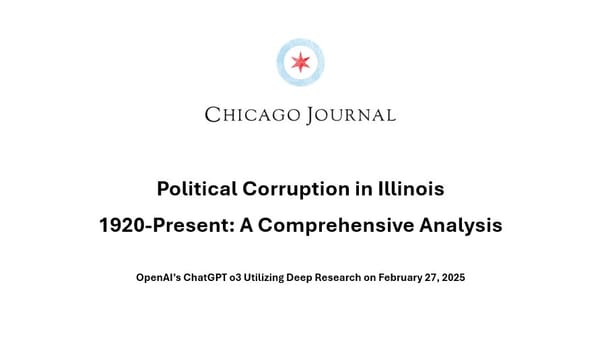Feds sue Cubs, allege changes to Wrigley not ADA-compliant
According to the lawsuit, the renovations removed the best wheelchair seating in the stadium, failed to include it in new premium clubs, and stuck it in the last row of the bleachers, where it is blocked by drink rails or fans standing up to cheer.

By JIMMY GOLEN | AP Sports Writer
The federal government sued the Chicago Cubs on Thursday and accused the team of failing to make Wrigley Field accessible to those with disabilities when the century-old ballpark was modernized in a half-billion dollar project that added luxury seating, bathrooms, and restaurants.
The lawsuit filed by U.S. Attorney John Lausch Jr. says the team's 1060 Project “has had a significant adverse impact on individuals with disabilities and their ability to access Wrigley Field.” It asks for compensatory damages and civil penalties and demands that the team fix the problems to comply with the Americans with Disabilities Act.
According to the lawsuit, the renovations that began in 2014 and were projected to cost more than $550 million removed the best wheelchair seating in the stadium, failed to include it in new premium clubs, and stuck it in the last row of the bleachers, where it is blocked by drink rails or fans standing up to cheer.
“Although this project significantly enhanced the gameday experience for many fans, particularly those able to take advantage of premium clubs and other luxury accommodations, the same cannot be said for fans with disabilities,” the lawsuit said.
The Cubs said in a statement that they are disappointed that the lawsuit was filed and said they hope the matter can be resolved amicably. The team said the renovation of the ballpark, a national and city landmark, “greatly increased” accessibility in accordance with the law and the historic preservation standards, with 50% more accessible seating options, 11 more elevators, and enhanced audio assistance for fans with hearing impairments.
“We will defend Wrigley Field and our position it meets accessibility requirements for fans,” the team said, adding that it has worked with the Justice Department since it initiated a review in 2019 and offered to voluntarily enhance accessibility.
“Wrigley Field is now more accessible than ever in its 108-year history,” the team said. “The Friendly Confines today is more welcoming than ever to fans with accessibility needs.”
Built in 1914, Wrigley Field is the second-oldest ballpark in the major leagues and a longtime holdout against many of the newer trends in sports stadiums. The 1060 Project aimed to provide fans with the amenities — and the team with revenue — of a modern stadium while maintaining its traditional charm.
More AP MLB: https://apnews.com/hub/MLB and https://twitter.com/AP_Sports

The Chicago Journal needs your support.
At just $20/year, your subscription not only helps us grow, it helps maintain our commitment to independent publishing.






